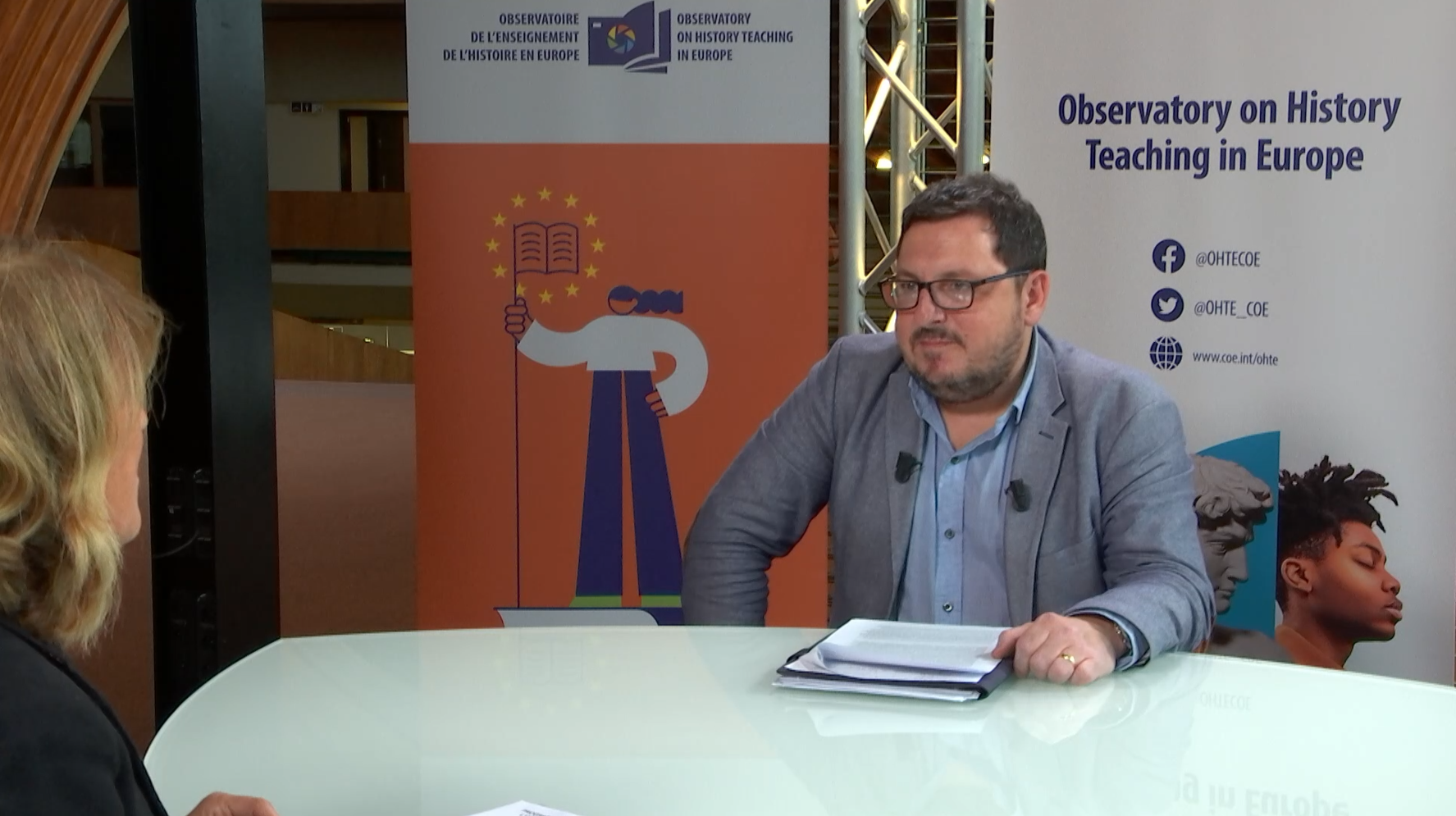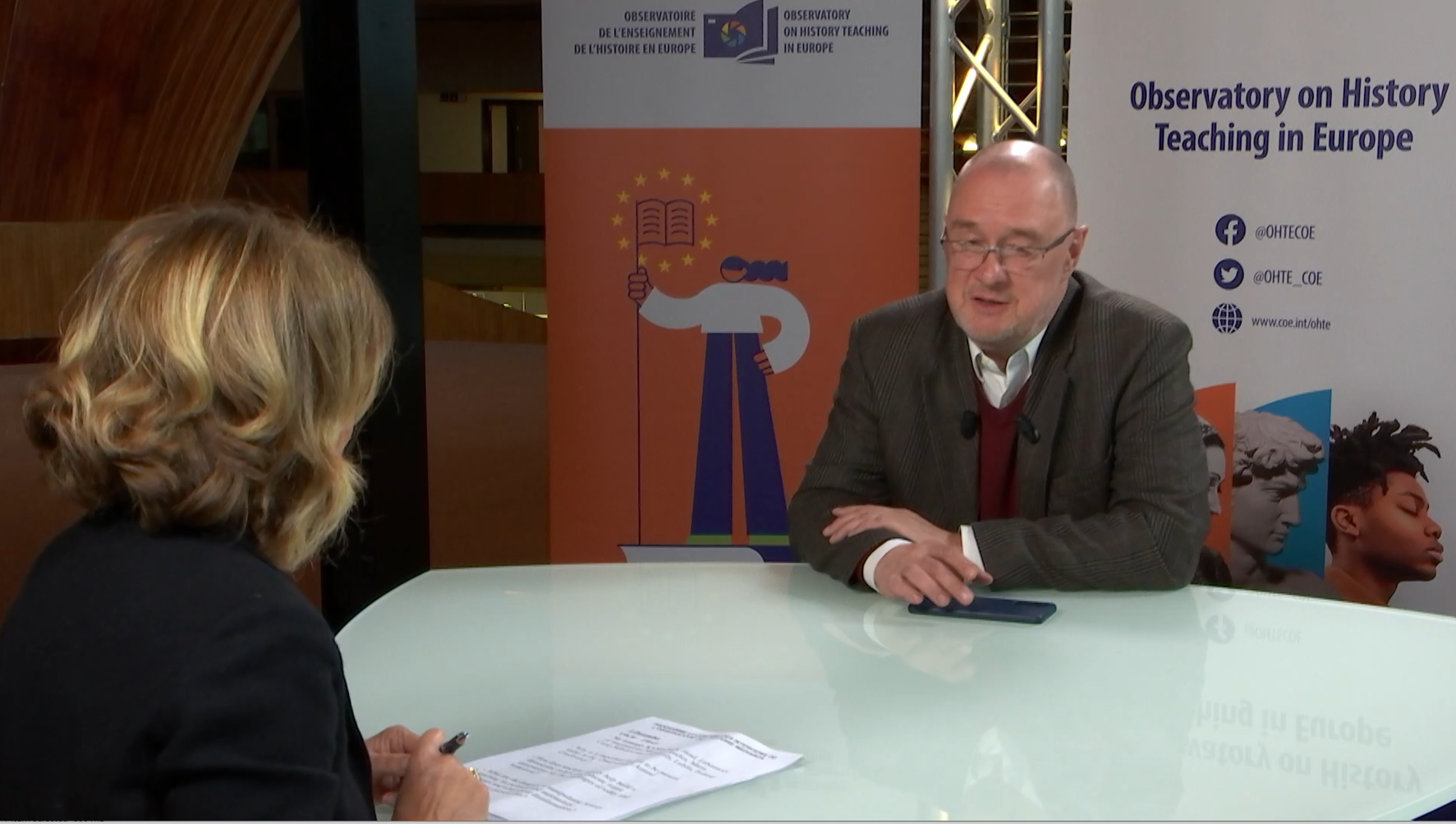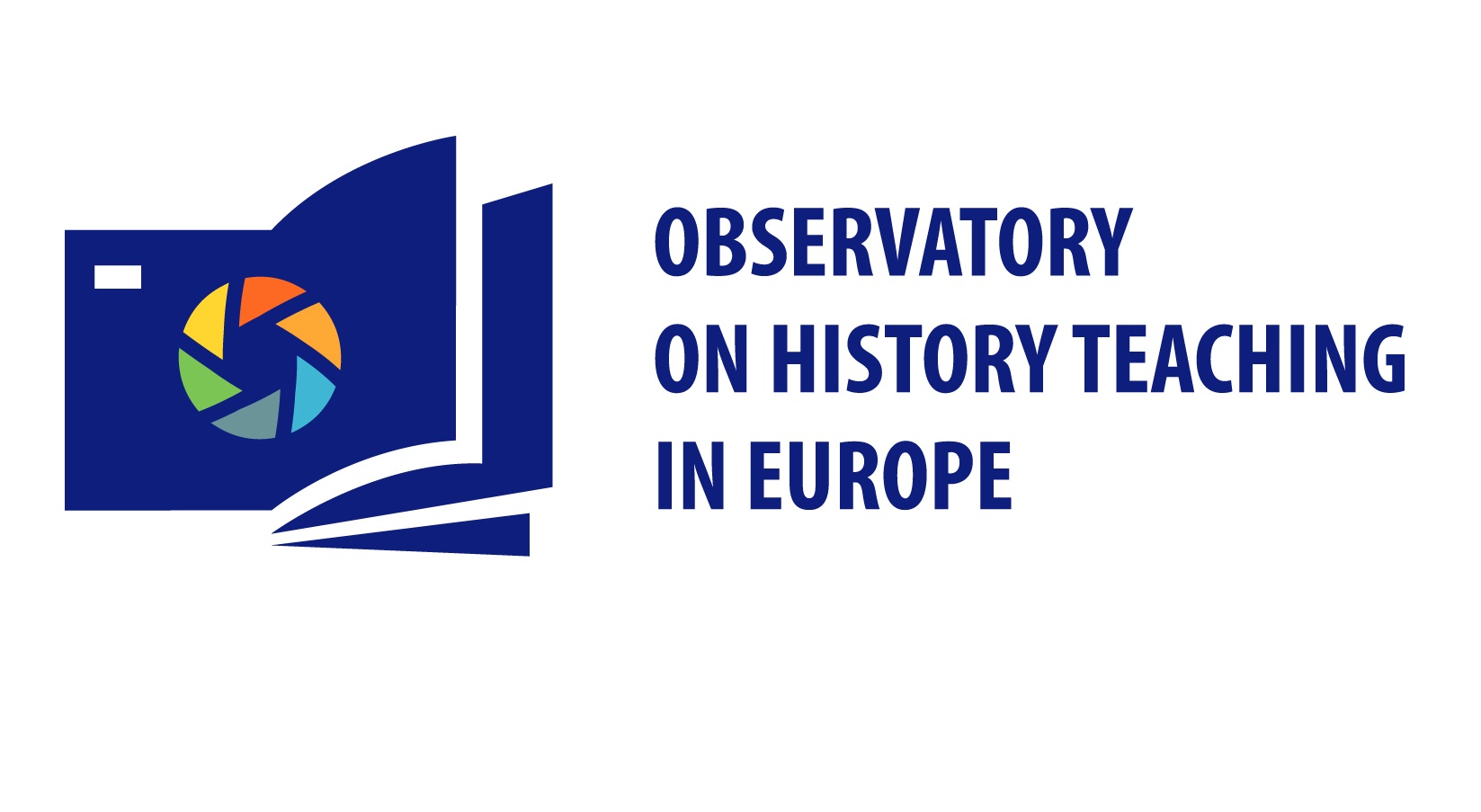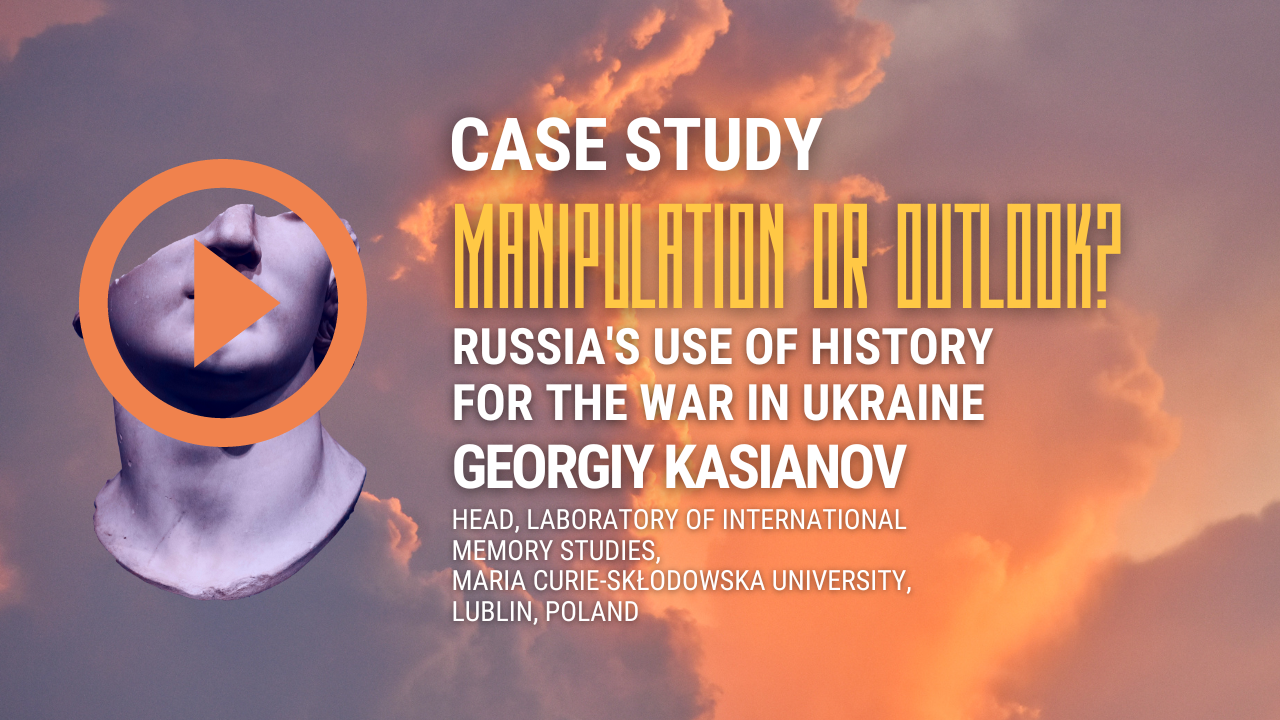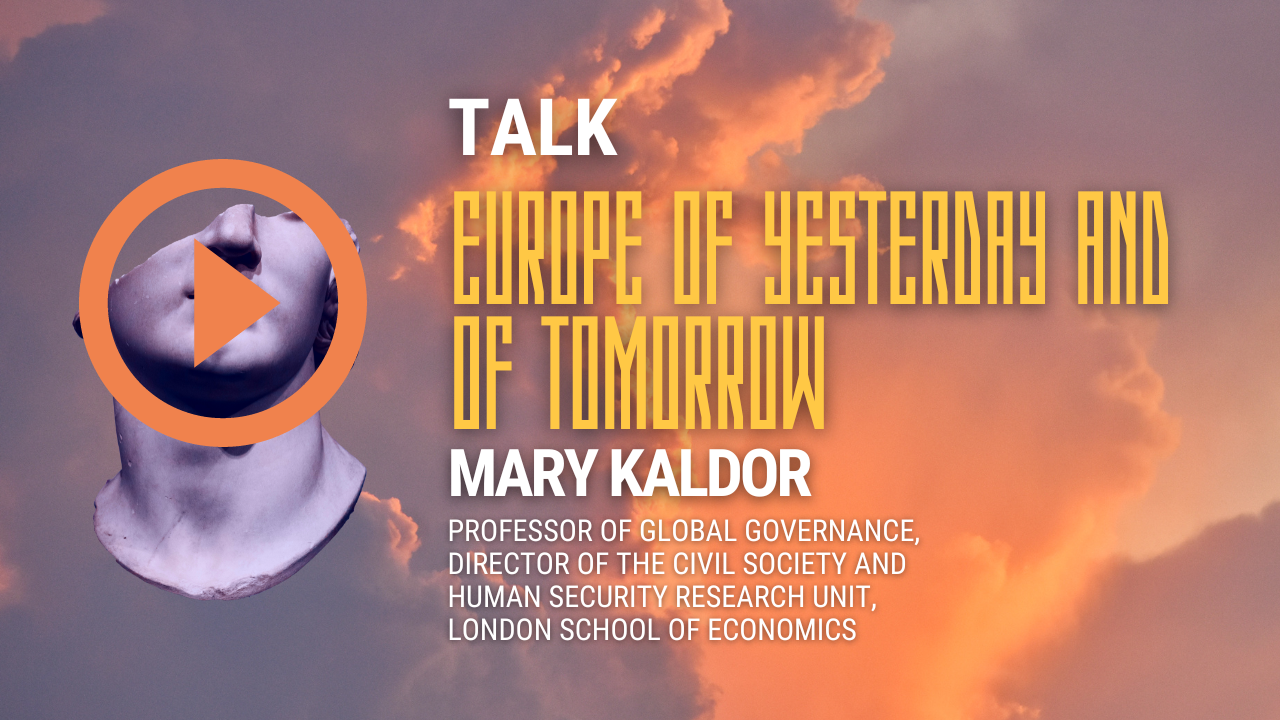2022
A Future without History Teaching?
1-2 December 2022, Strasbourg

History teaching has been an important area of interest of the Council of Europe for almost 70 years. Throughout the conferences, symposia, workshops and publications issued as a result of the close co-operation with education authorities, academia and civil society stakeholders, one belief is ever present: there can be no democracy without critical thinking, and critical understanding of the past is a major part of it.
We are currently witnessing worrying trends in history education that are either politically motivated or system generated. Among the most alarming political deviances still encountered today is the misuse of history lessons for nationalistic or unilateral propaganda that serves the purpose of a restricted group of people. This results in a distorted image of “the other”, provides oversimplistic and often exaggerated narratives of the past and therefore brews conflict in many regions. All the while, there are reports showing a decrease in interest of future teachers in teaching history – either due to its complex and philosophically challenging nature, or to overloaded curricula, unrealistic expectations and demands and too few teaching hours to accomplish them.
We are at the crossroads of several global events that could represent a turn in history. A new European war broke out and brought about global consequences. We have witnessed a resurgence of Covid-19 and a new global outbreak of Monkey Pox. On a global scale, we have experienced one of the hottest summers ever recorded, with an all-time rise in temperatures, meteorological events, and natural disasters of extreme intensity. What could we have learned from history to prepare us? What have young people learnt about pandemics and natural disasters in the member states of the Observatory? What and how should we teach the next generations about what we are experiencing? And finally, what does innovation in history education do to address some of these challenges?
The 2nd Annual Conference of the Observatory on History Teaching in Europe (OHTE) aimed to answer all of the above questions, by wondering what “A Future without History Teaching” would look like. The Conference also presented the findings of the first OHTE Thematic Report on “Pandemics and Natural Disasters as Reflected in History Teaching” as well as the initial findings of the General Report on the state of history teaching in Europe, and sparked debates around the key issues identified.
This Annual Conference was organised by the Council of Europe with the financial support from France and Andorra and in partnership with the City of Strasbourg, the Grand-Est Region, the European Collectivity of Alsace and the French Government as part of the three-year contract "Strasbourg, European Capital 2021-2023".



